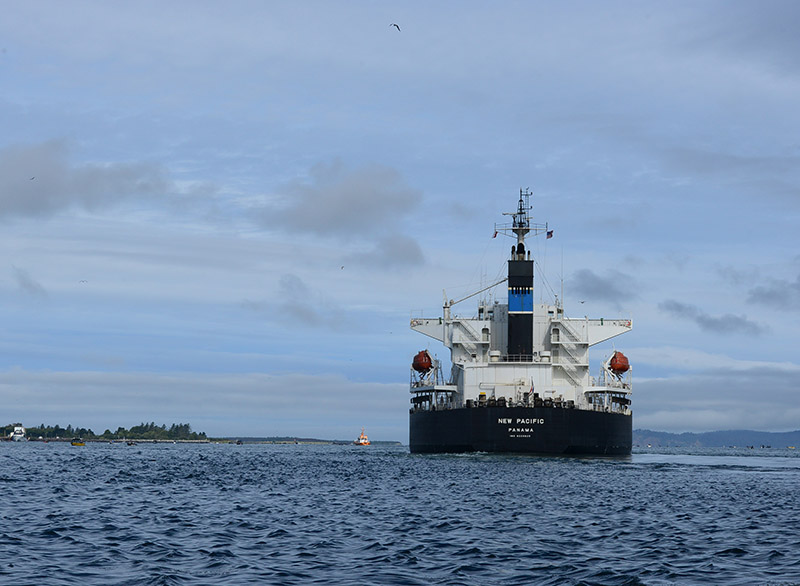Should you use one whistle signal or two? It sure sounds simple when you’re making meeting, crossing or passing arrangements with another vessel. But I’ve learned never to take it for granted that such an agreement is fully understood by both vessel operators. You must get it straight before, not while, you execute a maneuver.
Since failure to understand another vessel’s intentions is often the root cause of collisions, removing as much potential ambiguity as possible is always a good idea.
At its most basic level, it comes down to this: Navigation rules call for sound (whistle) signals to be exchanged between vessels or a verbal agreement to be reached over the VHF radio, sufficiently in advance in both time and space to allow for safe passage, with radio communication being the modern de facto standard. There are benefits to each. Whistle signals (when accurately heard) can quickly cut across any language barriers, while voice communication (when clearly understood) can quickly convey much more information and allow for far more nuance. The latter is a big plus when operating in heavy traffic in congested waterways and ports.
The downside to each is a human trait we haven’t yet found a cure for. “Message received” and “message understood” do not have the same meaning. While the slang terms for the old whistle signals, which most of us use every day, sure sound salty over the radio, the possibility of misinterpreting them and making costly mistakes can sometimes increase with their use, particularly in overtaking situations.
So whenever I have even the slightest doubt whether another vessel has fully understood what my intentions are, or vice versa, I immediately revert to the strict use of clear directional terminology such as, “Is it alright for me to overtake you on your starboard side?” Or, “Okay, I’ll see you port to port.”
This serves to remove as much of the doubt as possible. I also believe that it will significantly reduce the possibility that one of the operators will make a simple mistake that could result in big consequences which everyone will regret.
This column originally appeared in the June 2011 issue of WorkBoat.




